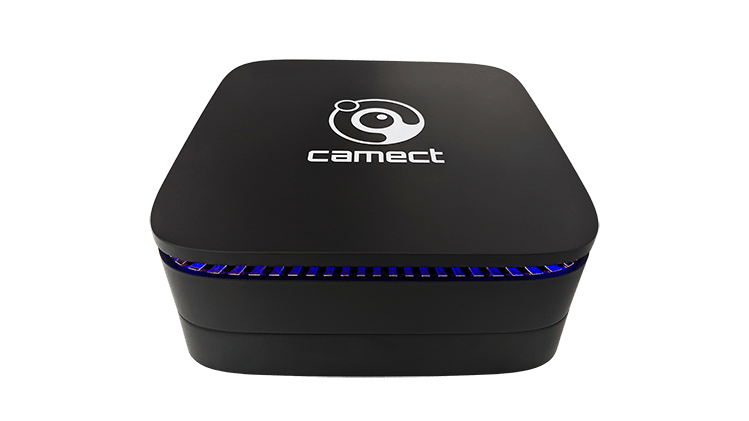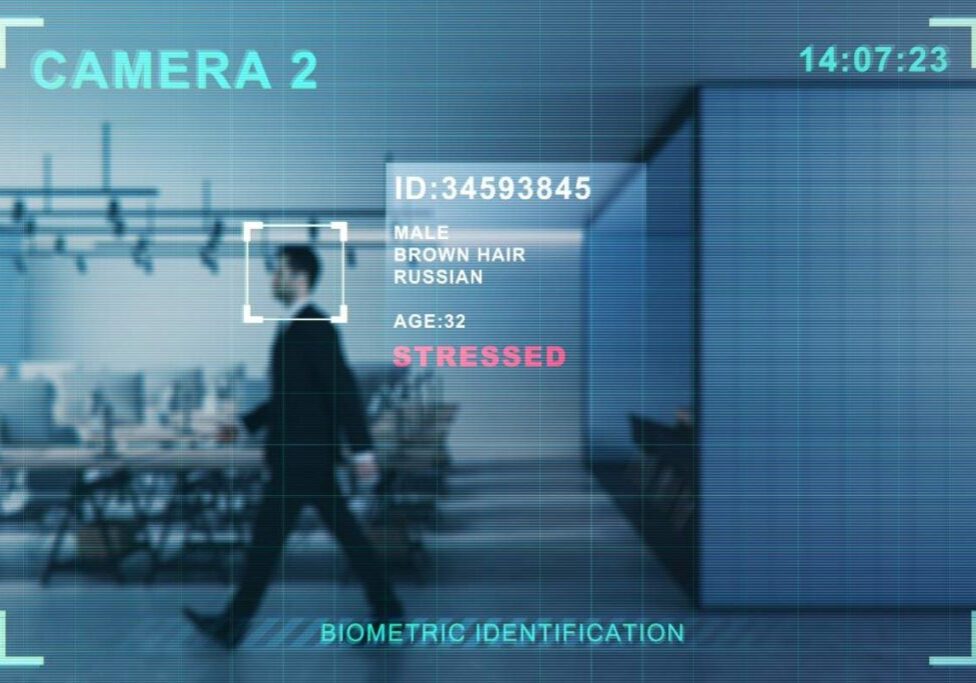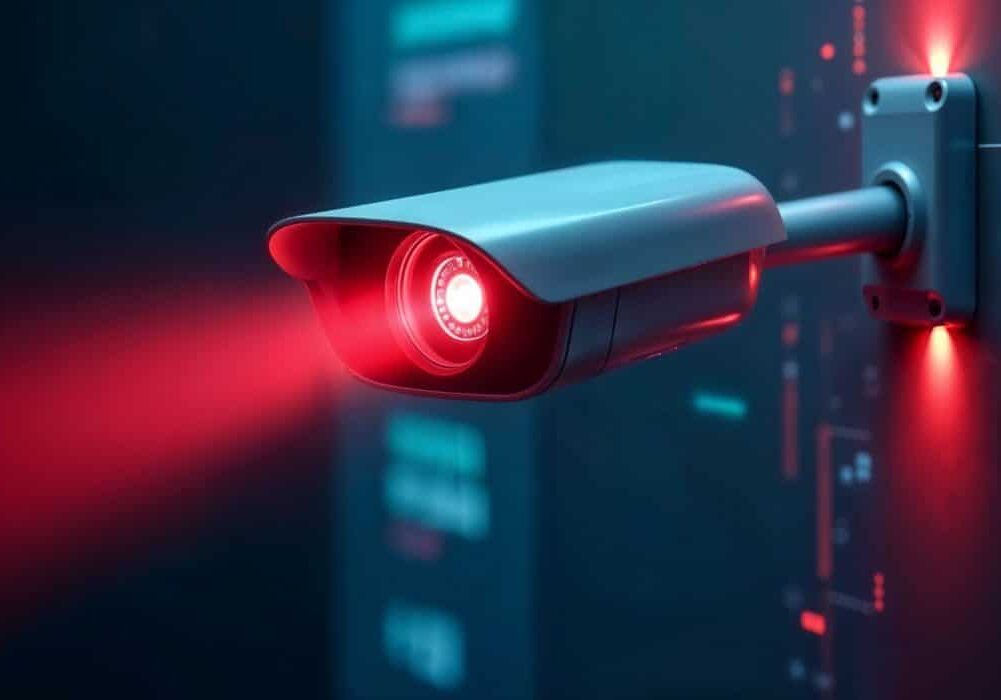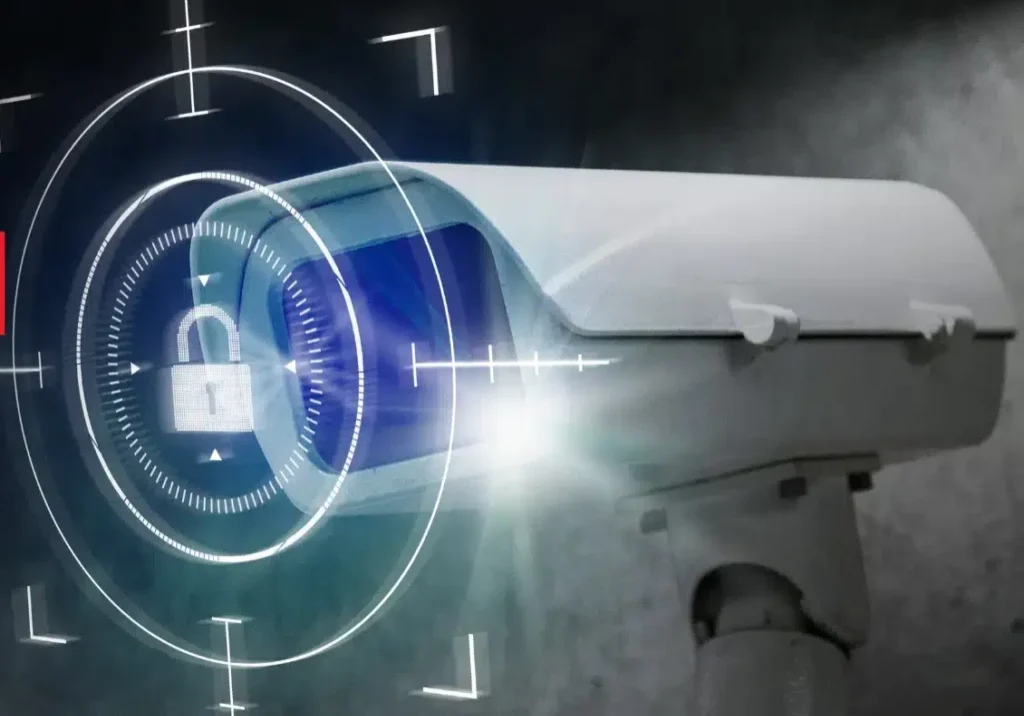Summary: Video surveillance is vital for cannabis supply chains, ensuring security, compliance, and operational efficiency. From cultivation to retail, live monitoring prevents theft, protects product quality, and supports regulatory adherence. Integrated access control, encrypted data, and video analytics enhance safety, productivity, and transparency, safeguarding assets, employees, and business reputation across all operations.
Cannabis is among those industry sectors that have shown outstanding growth in the recent decade as liberalization and changes in attitudes toward this part of human life occurred. However, its operations are fast-paced and have many requirements, including necessary regulatory measures and practices, cultivation and dispensary supply chain security, and video surveillance.
Indeed, as the market grows, companies face different legal issues in different states within the country, covering the growth and production of the plant, processing, selling, and distribution of the product. In addition, using computers and digital software to take inventories at the point of sale and manage customer details exposes organizations to hacking risks, thus requiring sophisticated ways of protecting such information.
In the following article, the reader will be familiarized with the most important issues of concern related to the cannabis supply chain and offered some recommendations on cybersecurity threats; apart from that, some of the most frequently asked questions related to the issues outlined here will be briefly explained. Such risks should be mitigated to improve the performance of cannabis procedures, yield with policies, regulatory standards, and the law, and protect company assets and data from security attacks.
The Role of Video Surveillance in the Cannabis Supply Chain
Along the cannabis supply chain, video surveillance is essential as a safety measure and even for observation, quality management, and operational efficiency. Marijuana live video surveillance ensures that the cannabis cultivators, processors, distributors, and retailers yield the highest safety, lawful, and integrity standards by allowing live, real-time monitoring and recording of all supply chain settings.
The supply chain for cannabis is an elaborate web of operations, such as:
- cultivation
- harvesting
- processing
- extraction
- distribution
- retail
The cultivation of cannabis, unlike other agricultural pursuits, experiences strict regulatory scrutiny. This is because of the numerous steps under each process that need detailed attention to the extent of the relevant laws. The supply chain of cannabis cultivation requires video monitoring, which is important for ensuring compliance, safety, and quality assurance at every stage.
1. Cultivation
Weed farming starts with the growth of cannabis under very controlled circumstances. The procedure also involves choosing the right strains, preparing the best planting needs, and handling the complicated legal farming problems in the region. To monitor plant advancement, use best farming methods, and ensure compliance with regulations, video surveillance systems are needed during the cultivation period. Cameras installed in the grow rooms, greenhouses, and outdoor areas record all movement and activities, such as seed planting, watering, and pruning. Such supervision is valid in crime deterrence and delivers video documentation that can be used to check for any abnormalities or during audits.
2. Harvesting and Processing
After the cannabis plants reach maturity, they are harvested and processed for the following step. This stage involves drying, curing, and trimming the plants to ready them for sale or extraction. Surveillance in videos is also important at this point of harvesting and processing to preserve the quality of the product. Cameras are installed in drying rooms, processing facilities, and storage facilities to provide evidence of every process from plant handling to quality assessment. This monitoring prevents contamination, mishandling, and unauthorized access to the products, so only quality, safe products are released to the market.
3. Extraction and Manufacturing
At extraction, several techniques are employed for creating oils, edibles, and concentrates from the cannabis plant. These products are made ready for sale or additional processing. Video monitoring in extraction and manufacturing facilities is essential for guaranteeing the precision and safety of these processes. Cameras track the extraction methods, handling of equipment, and movement of raw materials and finished goods. Such observation ensures that products are consistent, accidents are avoided, and all activities conform to strict industry norms.
4. Distribution and Retail
Distribution and retail express the final steps in the cannabis supply chain, where products are sent to retailers and sold to end users. Video surveillance services are an important part of these activities to ensure that cannabis products are kept and transported safely. Retail stores and distribution structures are fitted with cameras to record the flow of goods, track products, and protect against robbery and diversion. Surveillance in retail stores also provides legal sales, and authorized personnel only enter off-limits areas.
Challenges in the Cannabis Supply Chain
1. Compliance with the law
This is not always simple because numerous state and national laws encircle the issue. Drug growth, processing, distribution, and sale laws are now written for each state.
2. Quality Control
Maintaining a trademark means enhancing or preserving a specific product’s quality from one batch to another. This entails verifying potency, impurities, and labels so they are correctly written.
3. Security
Considering the high price of cannabis commodities, physical security devices should be used to prevent theft and ensure product quality.
4. Supply Chain Transparency
Supply chain transparency cannot be overstressed. It has a direct bearing on consumers’ trust in food commodities on the shelves of food stores and adherence to established legal standards.
Best Practices for the Cannabis Industry
As the cannabis business moves from traditional to digital methods, it is important to incorporate video surveillance throughout the supply chain. This ensures sensitive information and operations security while ensuring compliance and protecting trust.
Implement Strong Access Controls
Protecting sensitive areas and information is a top priority. Video surveillance monitors access points and ensures that only authorized personnel can enter restricted areas. Combining video surveillance with role-based access controls helps prevent unauthorized access and enhances overall security.
Encrypt Data
While encryption at rest and in transit is required, video surveillance improves this by enabling a visual documentation of access and training following sensitive data handling. Surveillance images can help ensure encryption policies are in place and the data is securely handled.
Regularly Update Software and Systems
Keeping software and systems up to date is important to closing security gaps. Video surveillance can observe and record who drives the updates and when, adding a layer of accountability and ensuring that these updates are done accurately and according to safety procedures.
Perform Regular Security Audits
Security audits are also necessary to resolve possible problems. Add video surveillance to your audits to look at key locations and track physical security breaches. This can help discover weaknesses and ensure that audit results are followed up on properly.
Create an Incident Response Plan
Having a well-defined incident response plan is critical to controlling security breaches. Video surveillance enhances this plan by offering proof of incidents, identifying how breaches were made, and assisting in containing and mitigating security problems. Surveillance video can be extremely useful in ascertaining the extent of an incident and avoiding recurrence.
Secure Payment Processing
Secure payment processing is necessary in the high-demand cannabis sector. Video surveillance can document payment terminals and transactions, proving that all payment methods meet safety standards and stopping fraud. This additional level of monitoring provides the integrity of financial transactions and safeguards customer data.
By including video surveillance across the cannabis supply chain, companies can enhance their security protocols, stay respectful, and safeguard confidential data, eventually aiding a safe and trustworthy operation.
Statistics Emphasize the Rise of Video Security in Cannabis
- Market Expansion: The world market for video surveillance is projected to hit about $85 billion by 2025, with a strong contribution from the cannabis sector. The surge in investment in security technology manifests the industry’s overall interest in increasing operational integrity and adherence to rules.
- Regulatory Compliance: Based on reports from the industry, more than 90% of cannabis companies utilize video surveillance systems to adhere to tight regulatory standards. Adhering to state and local regulations frequently requires extensive video monitoring to provide security and monitor inventory.
- Theft Prevention: Theft and shrinkage are important issues for cannabis businesses. Statistics show that businesses with sophisticated video surveillance systems experience as much as a 40% reduction in theft-related losses. Using high-definition cameras and marijuana real-time video surveillance prevents and addresses potential theft.
- Operational Efficiency: Not only does video surveillance help with security, but it also improves operational efficiency. Studies show that cannabis businesses that use video analytics learn as much as a 30% increase in employee productivity and process progress because the technology helps monitor operations and protocol compliance.
- Integration with Other Systems: Video surveillance with other systems, including inventory and access control, is rising. Close to 60% of cannabis companies are embracing integrated security solutions, boosting their capability to manage and monitor other areas of their operations seamlessly.
Conclusion
In as risky and dynamic an industry as the cannabis industry, keeping up with the dangers of the supply chain and cybersecurity threats is vital. Therefore, compliance and consistency with cannabis high-security standards and customer happiness in your operation can be guaranteed based on certain best practices and ongoing review of your processes.
We look forward to introducing you to our full range of services at Resolute Partners! Our experienced professionals are ready to assist with all your cannabis supply chain needs. Please don’t hesitate to contact us immediately – we’re dedicated to helping!
FAQs
Surveillance and access systems may be integrated to provide greater ease of building security. With modern security cameras, one can observe a specific area or a building and check the people entering the building in real time, thus lowering the demand for an actual security guard. Also, access to secure sections in a building may be controlled and monitored from a distance.
The cannabis industry security videos offer the firm a chance to monitor their business in real time, along with videos from the past, to help ensure no theft occurs. They also offer irrefutable video proof if an incident occurs, ensuring the business adheres to the set regulations. This, in turn, helps protect the firm’s reputation and business licenses.
Video surveillance can respond to and deter threats such as theft, robberies, and even fraud. The potential of such and different criminal activities is lower because of the cameras. In addition, in a dispute, there is always the option of accessing recorded videos to help clarify the situation.
The risks to cannabis businesses include theft, the loss of useful licenses, or noncompliance with rules. These businesses must protect their operating procedures to prevent hurting their reputation due to operational challenges.
Indeed, video surveillance can lessen the requirement to have safety personnel physically present all the time. The capability to monitor in real-time and remotely means businesses can have protection without overseeing safety personnel.

Michael S. Blanco is the Chief Executive Officer and Co-Founder of Resolute Partners, LLC, where he leads strategic initiatives across various divisions. After owning family entertainment centers in New England, he co-founded Resolute Partners in 1996, launching the first Internet cafés for the U.S. Navy and partnering with AT&T for global deployment. A pioneer in wireless communications, Michael has expanded the company’s focus to include Energy Management/IoT, Cybersecurity, and Managed Video Security. He holds a degree from the Rochester Institute of Technology.
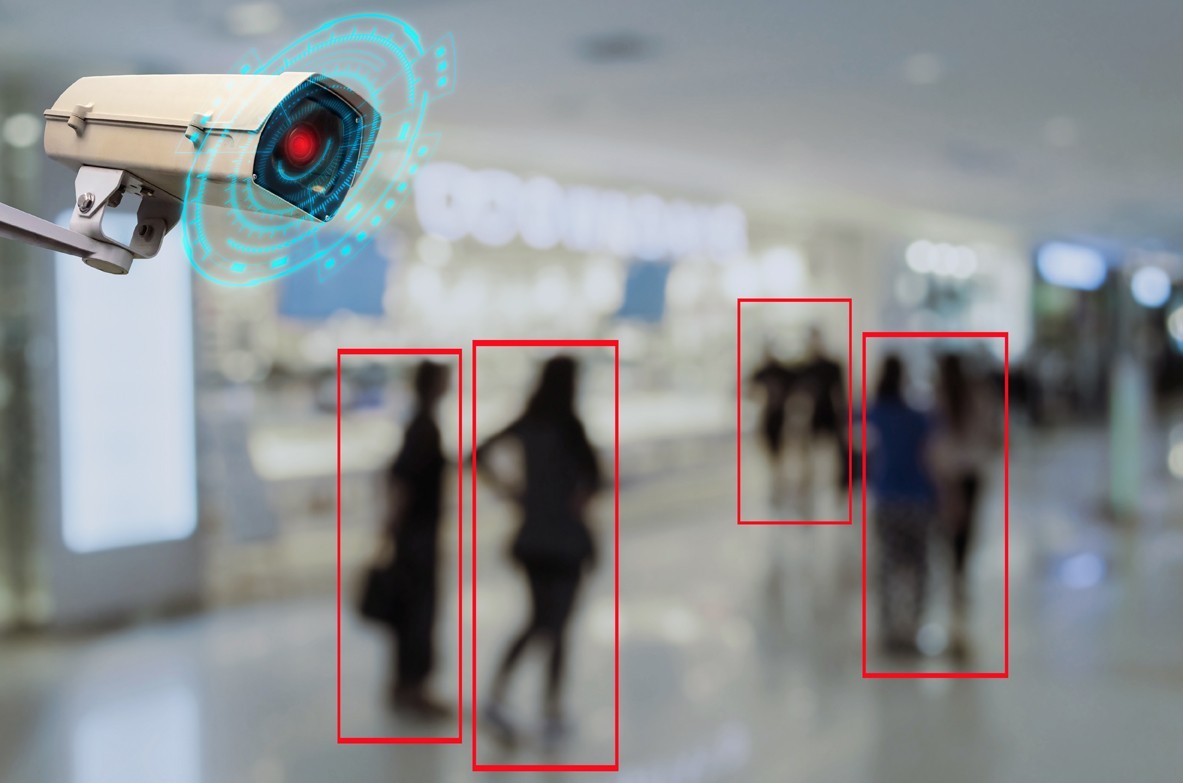
Stay up to date.
Subscribe for latest news, protection tips, special offers, and more!





